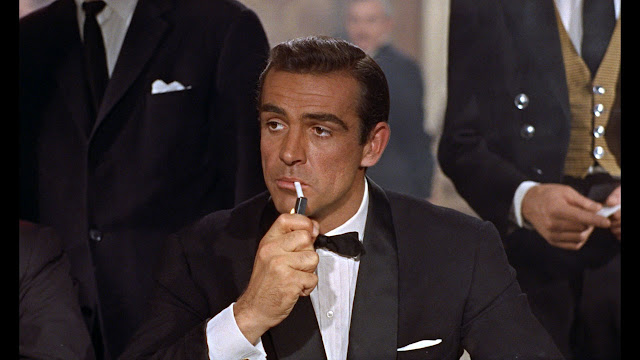Years ago I decided I wanted to work for MI6 or MI5 as a freelancer. Please don't ask why.
They sent me what resembled an exam sheet several pages long and filled with long articles which I had to read and return to get to interview stage. So up to this point I was fantasising: bi-lingual Farsi/English speaker, UK born and keen to serve. Why on earth wouldn't the UK's secret service want me? I closed my eyes and visioned myself wearing a Henry Poole (do they do 42" waists?) suit with special pocket for my Walther PPK and casino chips.
I am serious. This is an embarrassing confession. I really did want to join MI6 or MI5. So I could go around boasting to everyone I knew and who would listen. And meet girls who would want to give me oil massages despite my being overweight.
Back to those test questions. They consisted of a series of articles. I had to read them and then begin by stating whether they were supposition, fact, rumour, or a whole host of other things I couldn't even understand. The texts were very difficult to absorb and even get my head around. So I fell at the first hurdle. Never completed the questions and never even got an interview. I also remained overweight.
My MI6 episode came to mind as I was reading this excellent piece in the Guardian online all about the difference between causation and correlation and flawed, badly interpreted research. Read it to understand how we all sometimes don't understand the very basics of what a piece of information, understanding, observation is telling us. I am not talking about analysis or interpretation. I am referring to patterns and relationships between events, often ignored by researchers when reporting findings.
A footnote. And I am being completely deadpan serious. I was approached by one of the above mentioned services in Eurotunnel, Folkestone about five years ago. The man chatted to me about Iran, the revolution and that I seemed to travel to to the Middle East an Awful lot and would I be interested in 'working for my government'. Had Varinder, my wife, not been there to overhear this bizarre, private conversation with a uniformed officer NO ONE would believe it ever happened. But it did.






Amusing as ever :)
ReplyDelete